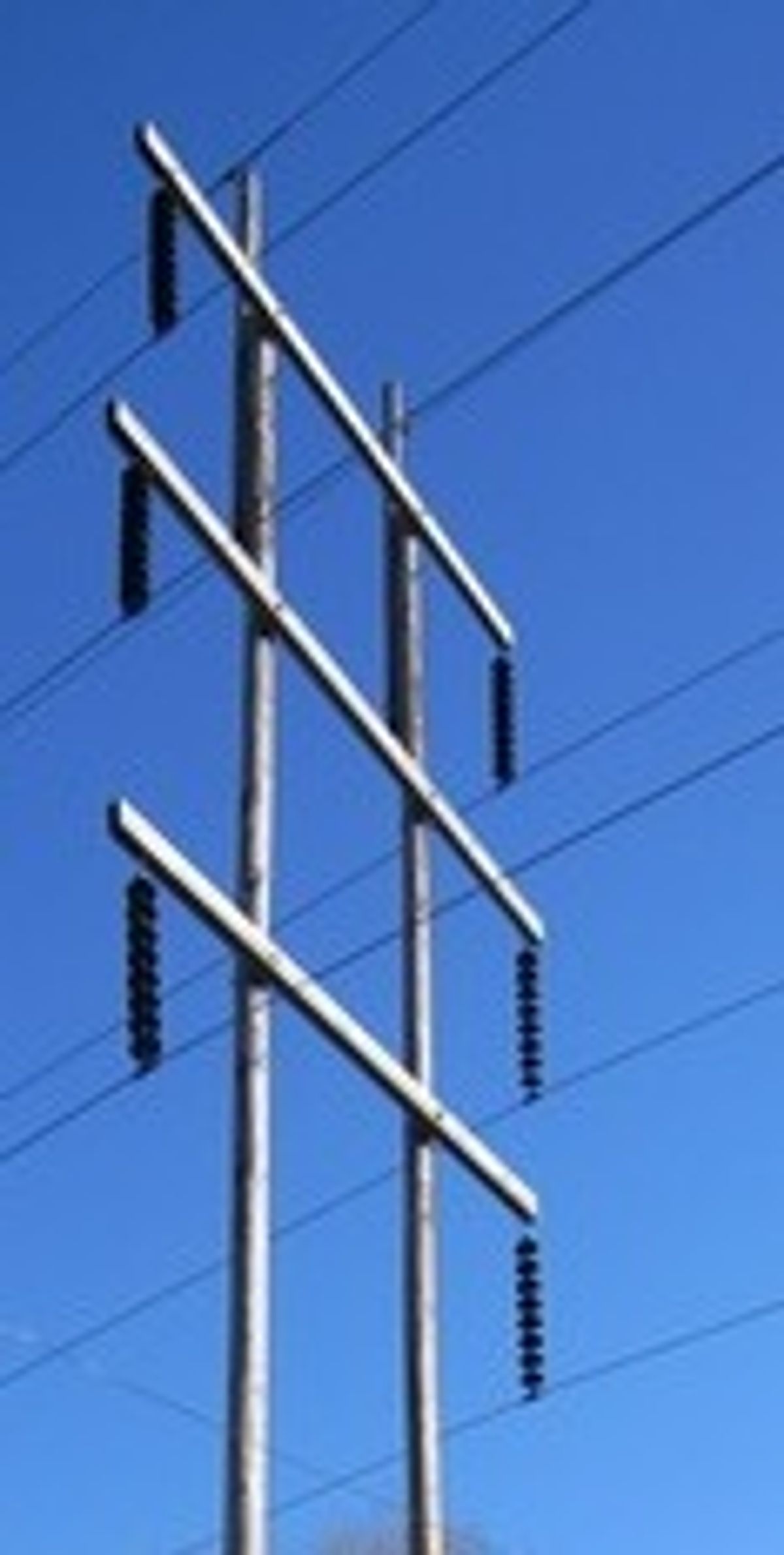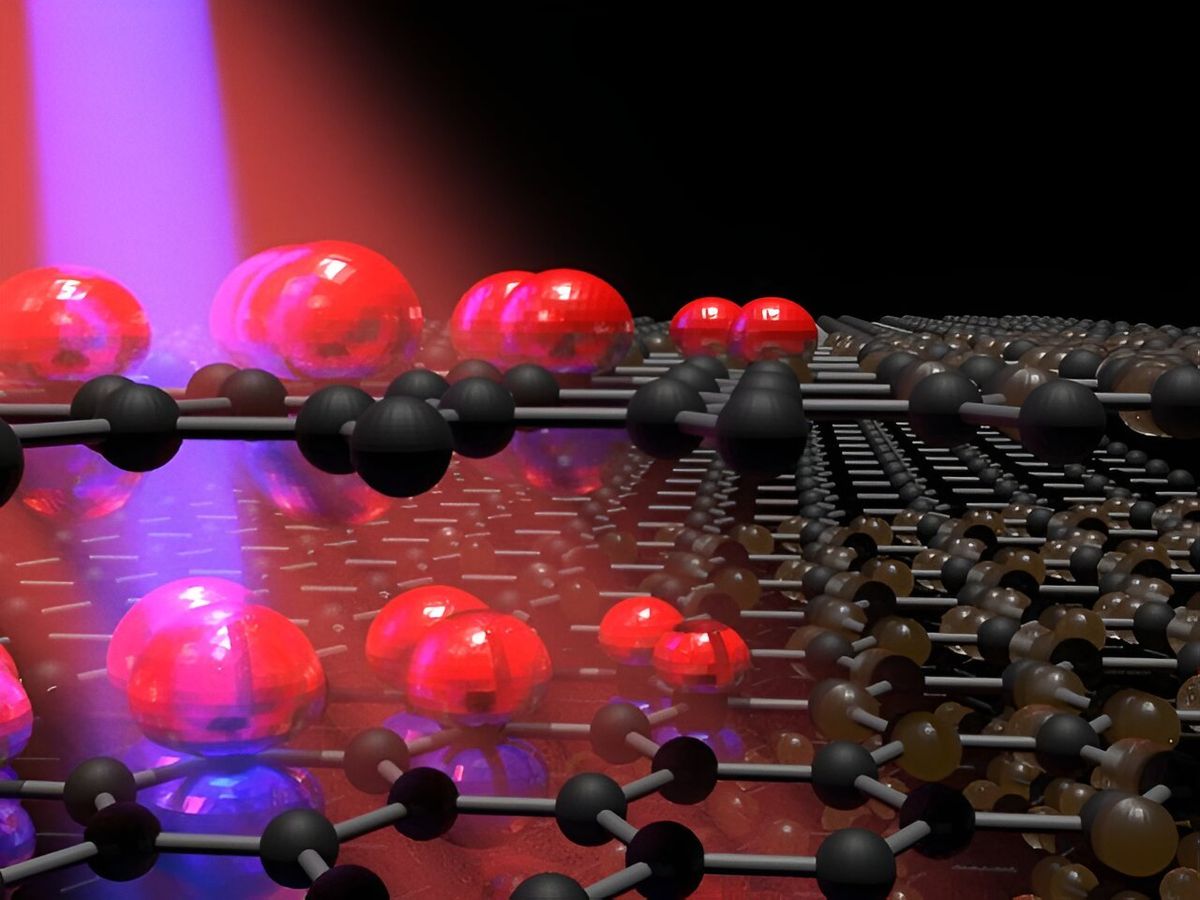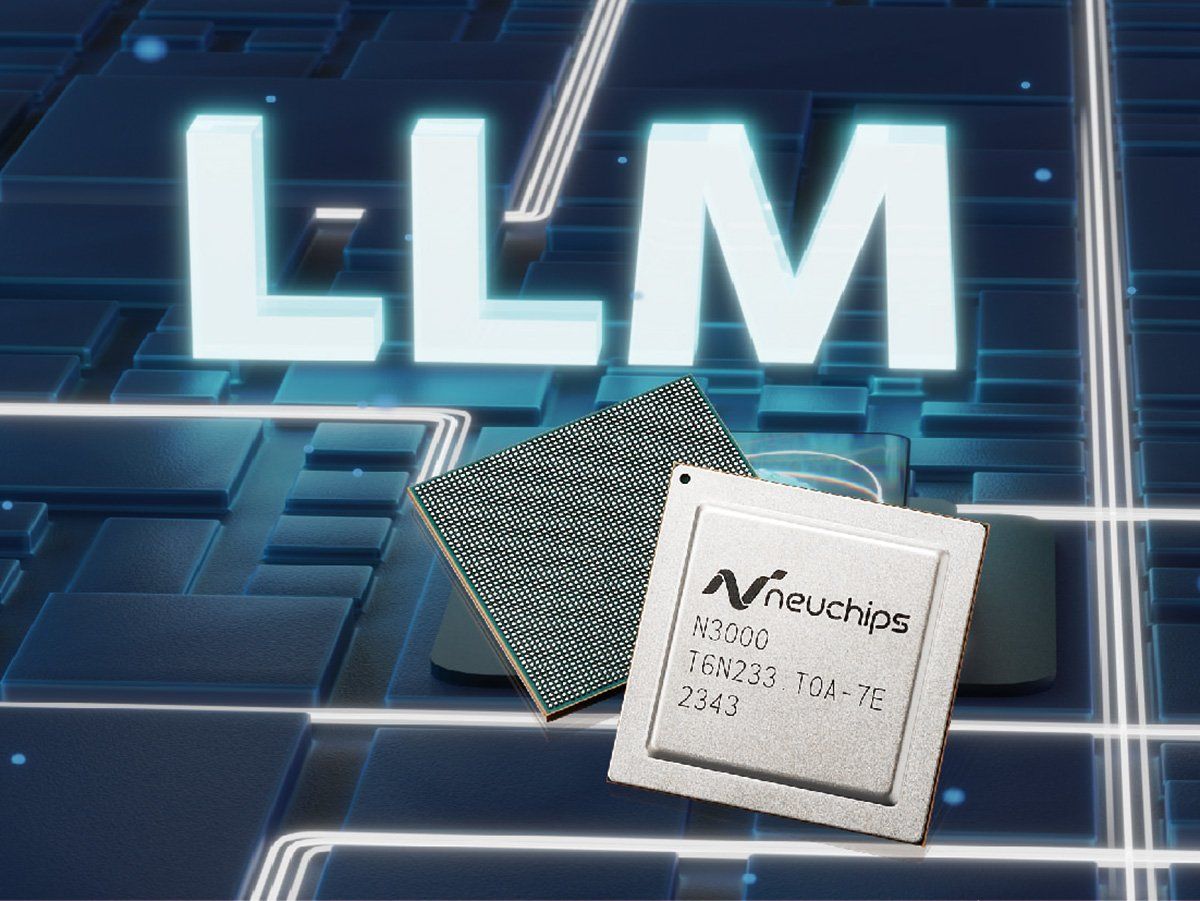Medium-term prospects for the smart grid will be among the key technology topics addressed next month at the IEEE’s Technology Time Machine conference in Hong Kong. The purpose of the small and, frankly, elite meeting is to assemble people who are betting their corporate and national futures on when critical technologies will mature and take off. To judge from preliminary assessments laid out in a white paper prepared for the conference [PDF], some technologies, such as cloud computing, already are at a hockey-stick inflection point, while others, such as the so-called "Internet of Things," will reach that point in perhaps ten years' time. With the smart grid, due to immense technical challenges and acute engineering shortages, the inflection point may be closer to two decades away.
To put it a little differently, the process of merging traditional power transmission and distribution technology with state-of-the-art communications and sensing technologies is in its infancy. As George W. Arnold and Wanda K. Reder explain in the Time Machine article, the trained engineers and technicians needed to design and build the smart grid are simply not there. The smart grid projects currently underway are therefore essentially experimental, and not every demonstration will go well.
Xcel Energy's Smart Grid City project in Boulder, Colo., featured two years ago in IEEE Spectrum magazine, is a sobering case in point. At the beginning of this year, the Colorado Public Service Commission declined to give Xcel full cost recovery on the project, cutting the requested $44.5 million to $27.9 million. The regulator said benefits to local ratepayers could not be demonstrated and that Xcel's shareholders would have to cover the difference. The poorly planned and executed project appears to have been a fiasco.



